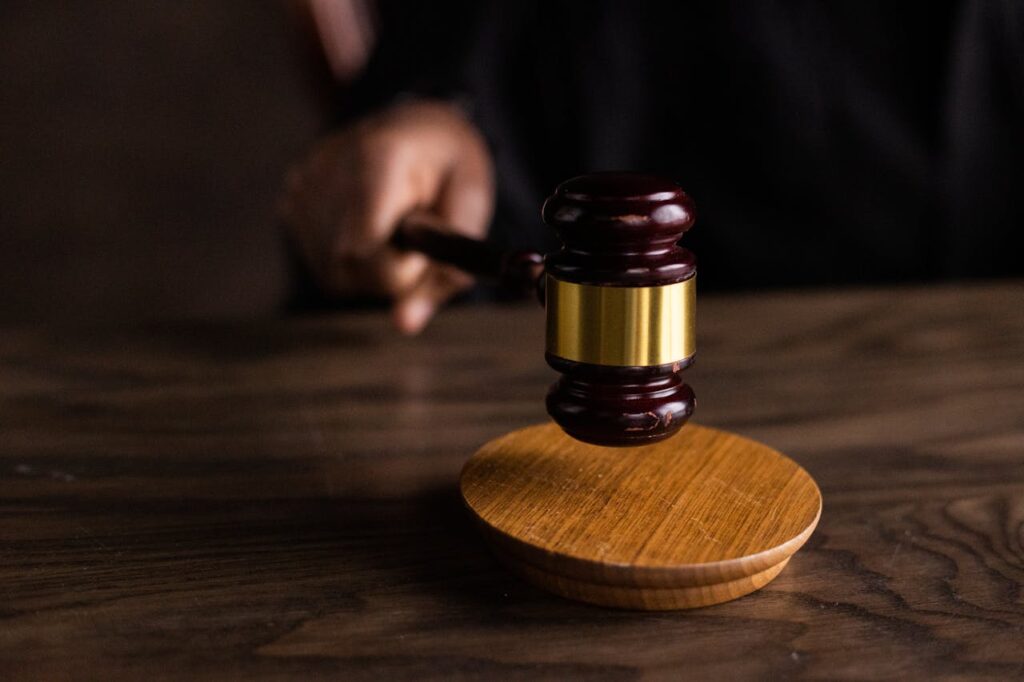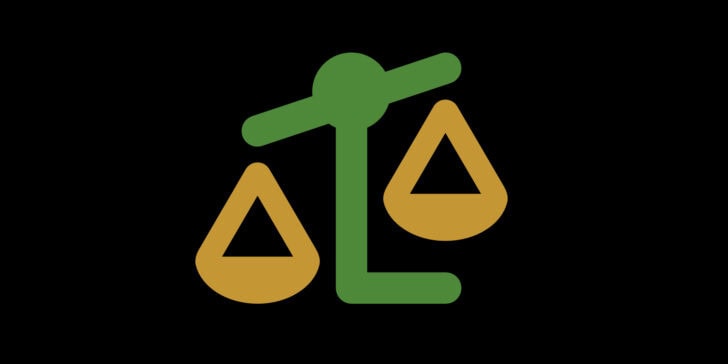We’ve been seeing a recent spike in lawsuits filed against sweepstakes casinos, with certain states becoming hotspots due to applicable local laws (e.g. in Alabama, Georgia, Kentucky), but how many of these cases ever win?

The headlines can suggest a torrent of successful lawsuits, but usually the reality of how these cases resolve is anticlimactic.
Let’s take a closer look at how arbitration clauses, jurisdictional challenges, and settlements have so far prevented courts from definitively ruling on whether sweepstakes casinos violate state gambling laws.
As a result, these platforms continue operating in most states (except in states that explicitly ban the model).
Example Lawsuits Against Sweepstakes Operators & Their Outcomes
Here at SweepsKings we report multiple times a week on all aspects of the sweepstakes industry, and that often leads to reporting on new cases filed against operators.
For example, at the end of last month we wrote about how Alabama is becoming a hotspot for cases against sweeps operators. This is largely due to strict gambling laws and a statute there (Ala. Code § 8-1-150) allowing individuals to sue to recover gambling losses. Bear in mind, that statute is only applicable if the enterprise is found to be illegal, and the plaintiff must have gambled from within state lines.
We listed 13 active Alabama lawsuits in our article, all of which are still ongoing, so we can’t comment on the findings of these cases yet. To start looking at resolved cases we can look back at a suit that reached a conclusion of sorts in ‘California Judge Sends Stake.us Lawsuit to Arbitration’.
1. Arbitration
This is one of the ways that many sweepstakes lawsuits end, or at least move out of the public eye and into a private arbitration setup. In fact, one of the benefits to ending a case in arbitration is that the results are indeed private.
Essentially, it’s a resolution process where an impartial third party (an arbitrator) hears the case and makes a decision outside of the public court system. Sweepstakes players are generally bound to arbitrate because clauses included during registration on the sweepstakes platform typically require disputes to be resolved this way, rather than via litigation. This is something that makes the majority of lawsuits against sweeps operators futile in the first place.
In another recent example, a Georgia lawsuit filed by plaintiff Destiny Kennedy against major sweeps operator, Virtual Gaming Worlds (VGW) was again dismissed on procedural grounds related to arbitration. The judge ruled that Kennedy was bound by an arbitration clause in VGW’s terms of service, requiring disputes to be resolved through that method, rather than in court.
2. Jurisdiction
Additionally, the judge there found that the court lacked personal jurisdiction, as VGW did not specifically target Georgia residents with its services. This is a second way in which many cases against sweeps operators fall down.
To have jurisdiction – and therefore an ability to sue – plaintiffs must show that the defendant has sufficient contacts with the state. This might include targeted marketing, business operations, or other deliberate actions directed at residents of that jurisdiction. Without this, courts are reluctant to assert authority over out-of-state companies, effectively barring the case from moving forward, or requiring it move to a more suitable jurisdiction.
3. Settlements
Finally, settlements are a third way that sweepstakes and social casinos sometimes choose to tie up cases. For example, in December 2022, VGW chose to end a Kentucky class-action suit with an $11.75 million payout. Despite paying up, there was no admission of wrongdoing from VGW, or any finding of liability by the court.
Essentially, in this case, VGW decided that paying a negotiated sum was preferable to risking a drawn-out trial that could have resulted in significant costs and negative attention. It’s a strategic move commonly used to limit exposure without conceding fault; it’s also a reminder that not all payouts indicate a legal defeat.
“You hear a lot about these sweepstakes lawsuits lately, but the reality is often different from the headlines. Operators benefit from strong legal protections, like arbitration clauses and jurisdictional limits, that keep most cases out of court. When companies do settle, it typically isn’t an admission of wrongdoing. Sweepstakes casinos continue to operate broadly across the US, and the biggest risks now may come from new legislation targeting the industry.”
– Alex Windsor, SweepsKings Editor-In-Chief
Context and Knowledge is Key
On this whole subject, it’s worth underscoring a key but frequently overlooked point: filing a lawsuit or class action is easy, but a decisive courtroom victory against sweepstakes operators remains elusive. Most cases are dismissed or quietly dropped before trial, and as a result, there’s still been no definitive ruling on the sweepstakes casino model in the US.
Yet, the act of the filing often makes the news, while the anticlimactic outcome goes unreported. Here at SweepsKings, whenever we report on such cases being filed, we try to add legal context and remind readers of all of the above points. To view the actual legal landscape surrounding sweepstakes in 2025 you can check out our January – August summary.




